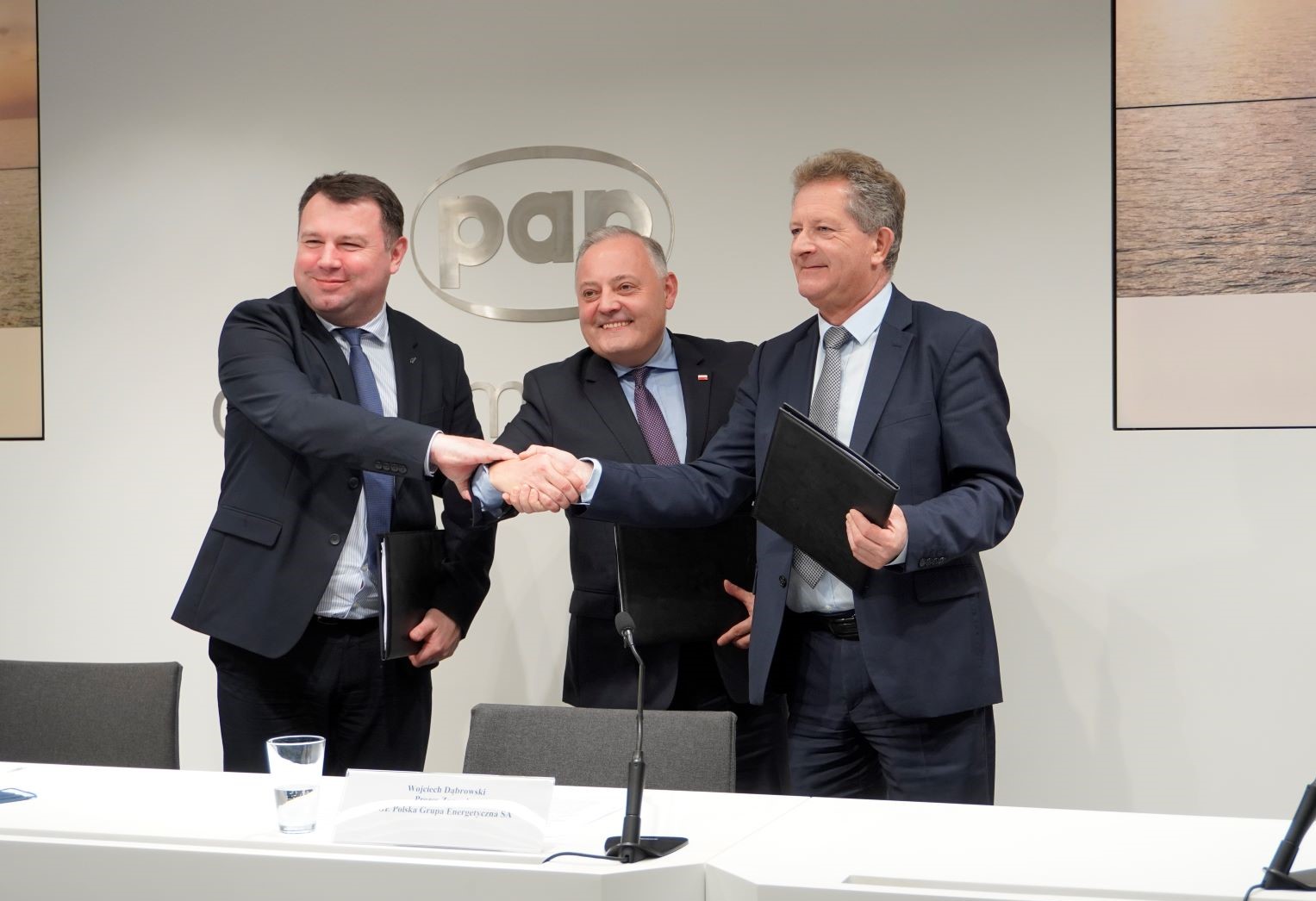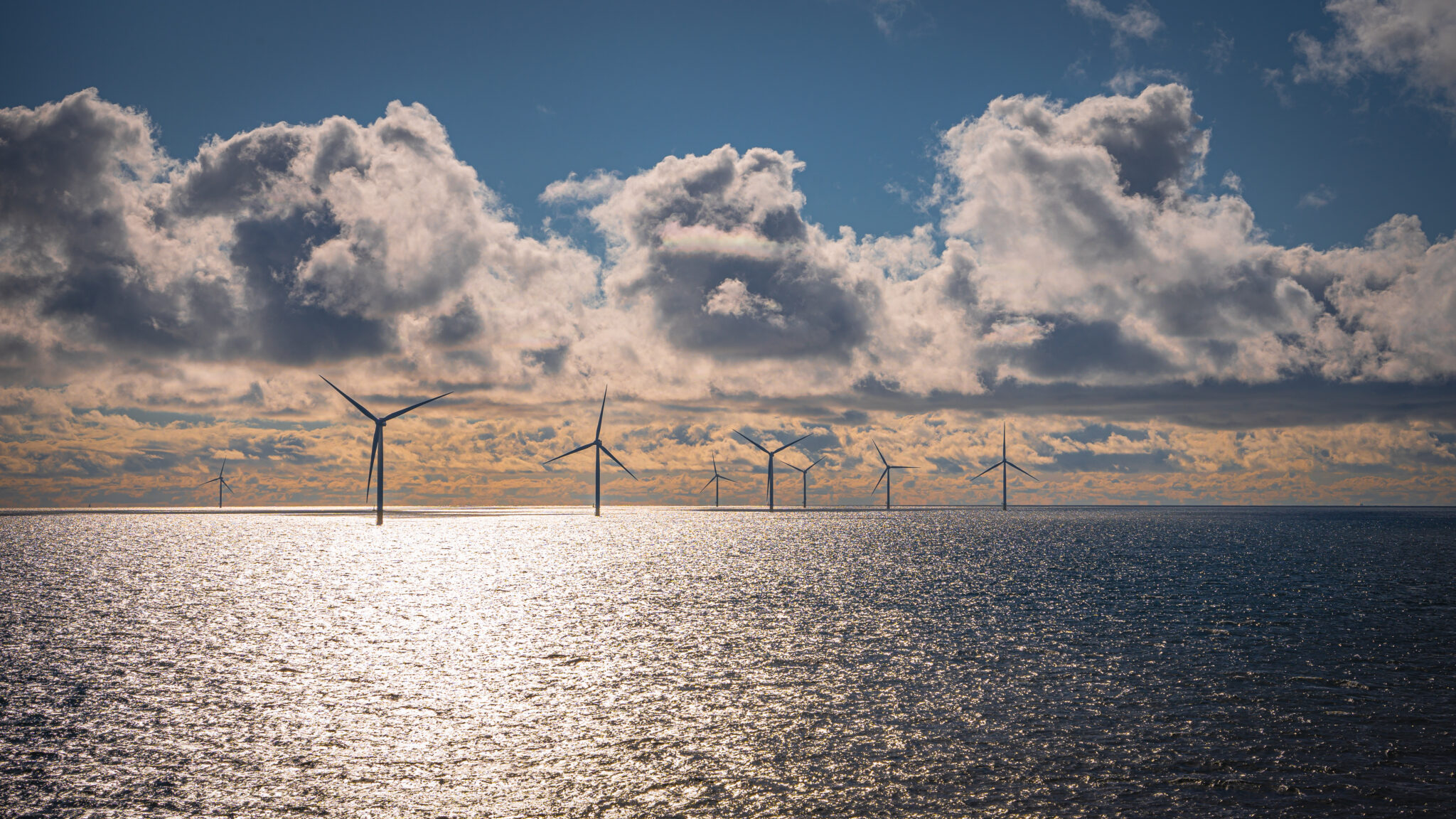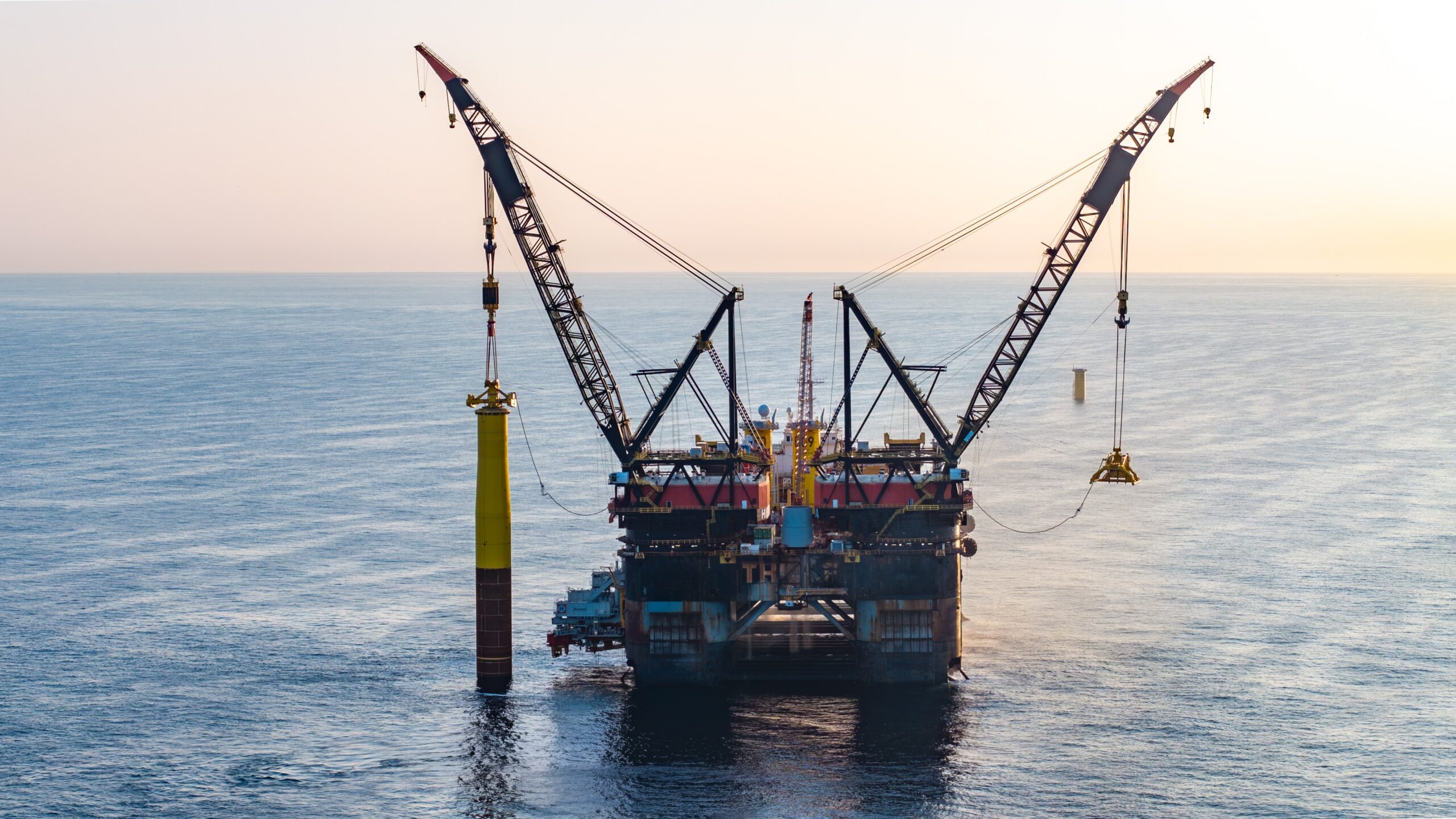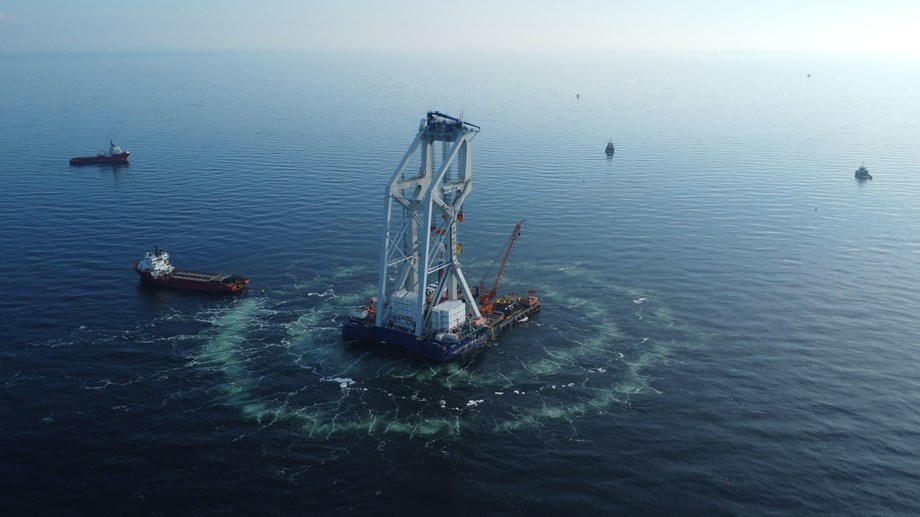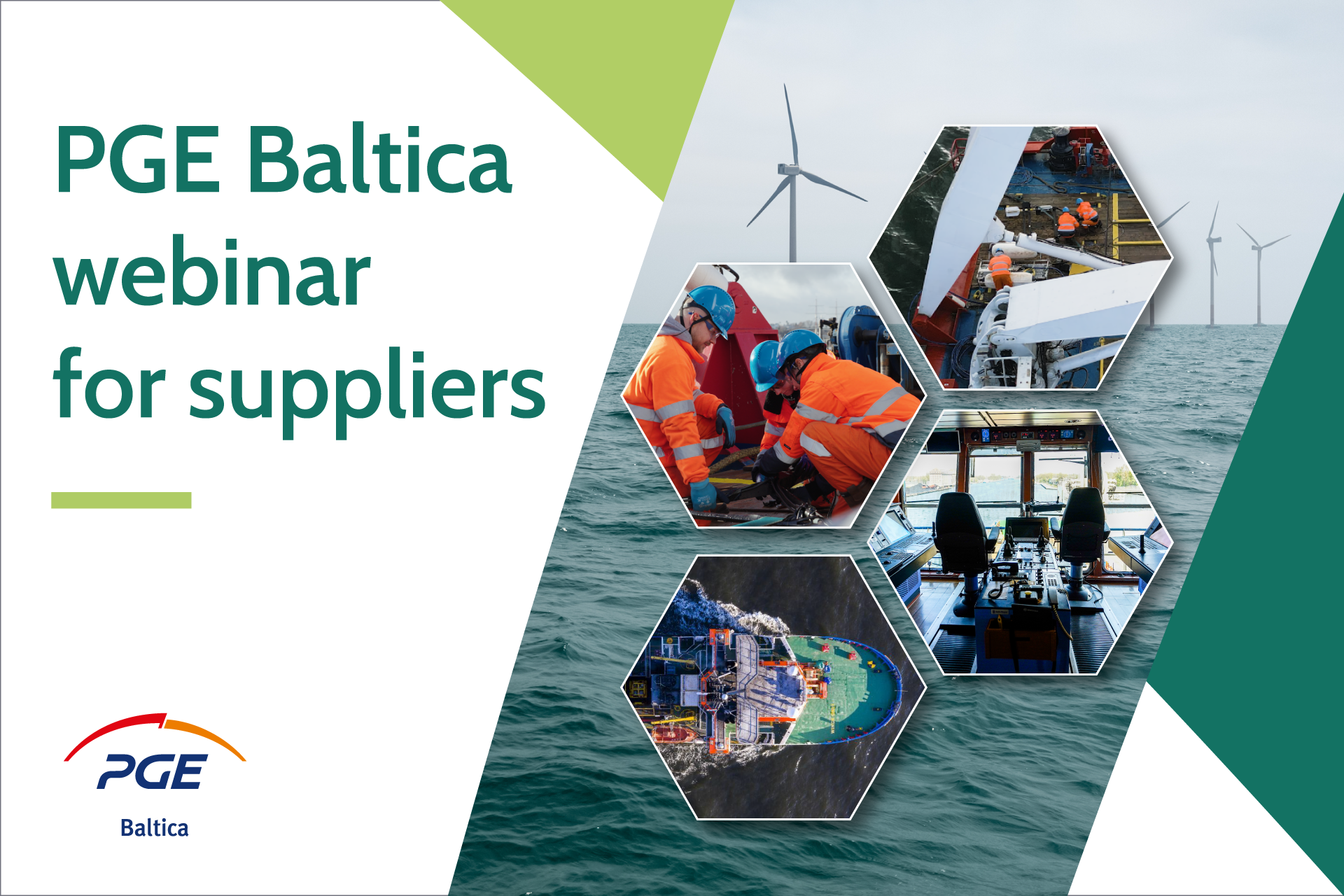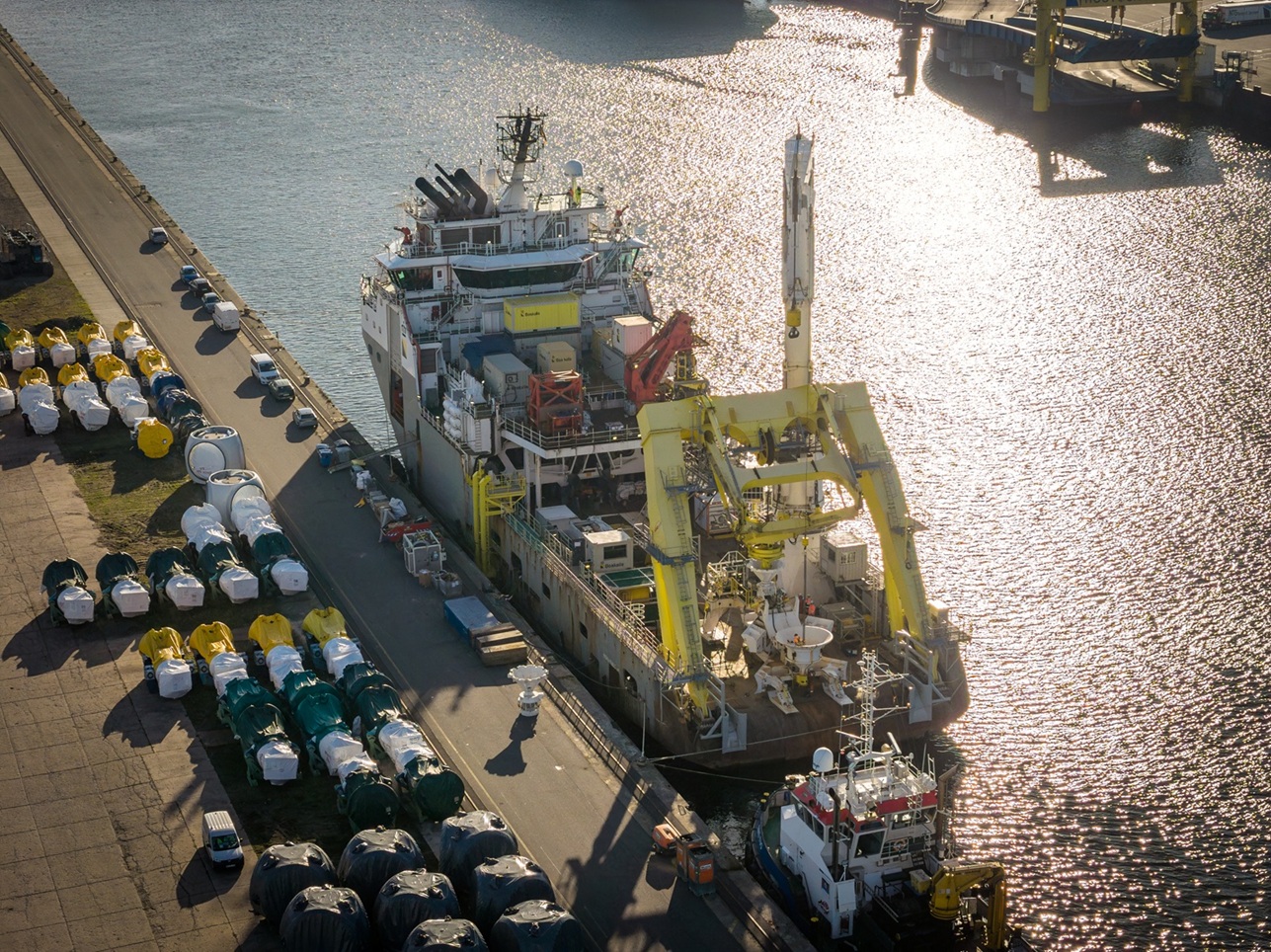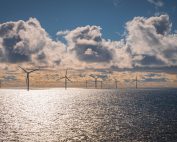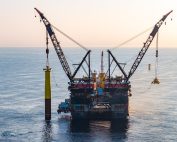There are more and more alliances of companies that want to increase their market chances in the development of RES projects on the offshore wind market in Poland. Among them are PGE Polska Grupa Energetyczna, Tauron Polska Energia and Enea, which have entered into an agreement on this matter.
We are talking about three companies of the Polish National Treasury. On 18 January 2021, Poland’s largest electricity producer PGE Polska Grupa Energetyczna signed a letter of intent with Tauron Polska Energia and Enea on cooperation in the offshore wind energy sector. On 18 November, conditional agreements for the sale of shares in four project companies, whose task will be to obtain location permits for the construction of offshore wind farms in the Polish Exclusive Economic Zone in the Baltic Sea, were signed. PGE will submit joint applications – with Enea for 3 locations, with Tauron for 1.
An application to the President of the Office of Competition and Consumer Protection (OCCP) for PGE’s concentration with Enea was filed on July 5, 2021, and for PGE’s concentration with Tauron Polska Energia on October 28, 2021. Currently, both applications are being processed by the office.
Deputy Minister Jacek Sasin, Minister of State Assets, said that offshore wind will drive zero-emission power generation in Poland. The success of the energy transition may come into question without offshore wind projects.
“I count on the largest possible participation of Polish companies in this important project for the Polish economy”, said Sasin.
Synergia spółek Skarbu Państwa staje się faktem. Dzisiaj @Grupa_PGE, @TauronPE oraz @Grupa_Enea zawarły porozumienie w sprawie budowy farm wiatrowych na Bałtyku. To ważny krok w procesie transformacji energetycznej. Zielona energia to przyszłość.
— Jacek Sasin (@SasinJacek) November 18, 2021
Companies want to increase competitive advantage
PGE’s strategy, published in the autumn of 2020, defined the company’s long-term vision for the development of offshore energy at least 6.5 GW by 2040. At that time, according to government assumptions included in PEP2040, offshore wind farms in the Polish Baltic Sea zone will have a capacity of 8-11 GW.
“Our target is to declare emission free in 2050. The acquisition of location permits (PSZW) will be the next step in the implementation of our strategy”, said Wojciech Dąbrowski, president of PGE Polska Grupa Energetyczna.
Dąbrowski did not rule out that the company would also apply for another PSZW on its own.
The TAURON Group is interested in participating in direct investments related to the construction and operation of offshore wind farms. The TAURON Group wants to have 1 GW of offshore wind farms in the Baltic Sea by 2030.
“The development of offshore wind energy is key to achieving our goals in terms of transforming TAURON’s generation mix. We realize that without wind farms in the Baltic Sea, the replacement of coal sources will be virtually impossible”, said Artur Michałowski, President of the Board of Tauron Polska Energia.
He added that due to its excellent conditions for wind energy development, the Baltic Sea has become a place of competition for the world’s largest energy companies. Joint activities of Polish concerns improve the starting position of the companies in this battle and allow for an optimistic outlook on its outcome.
Enea Group is strongly committed to the energy of the future, including offshore wind farms. It currently supplies energy to over 2.7 million customers. It is the vice-leader of the Polish power market in terms of electricity production. Enea actively participates in the transformation of the energy sector and develops renewable energy sources.
“The Baltic Sea gives us great opportunities for wind energy development. By cooperating we can better utilize this potential, thanks to which Poland has a chance to become a leader in the development of offshore projects in the Baltic Sea”, emphasized Paweł Szczeszek, President of the Board of Enea.
He added that after signing the letter of intent, the company is moving into action. This is an important step towards climate neutrality.
